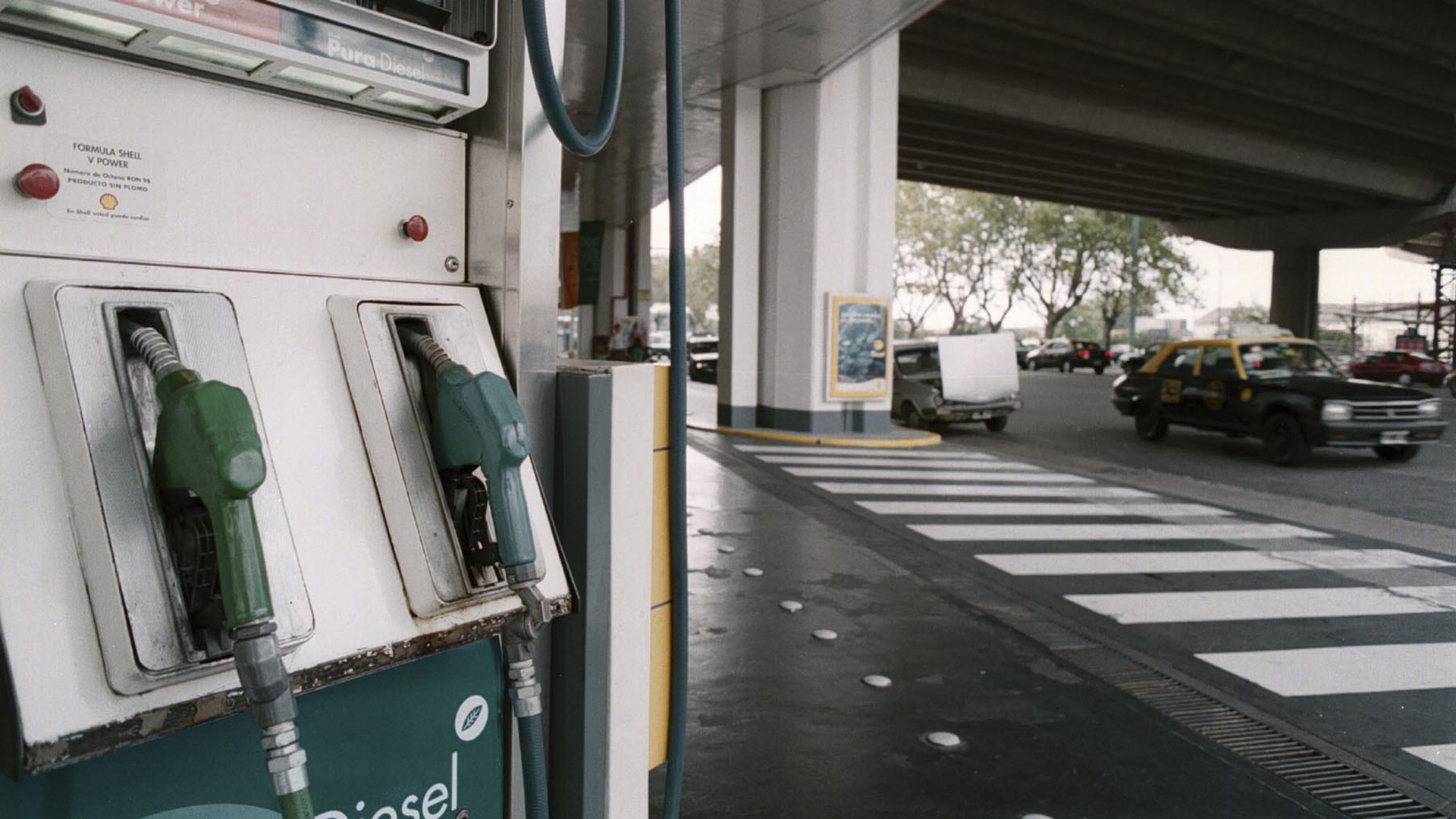
Although from 0 a.m. this Monday, fuels have registered an average increase of up to 11.5% in the main filling stations throughout the country, from the Confederation of Hydrocarbon Trade Entities of Argentina (CECHA), which represents more than 4,800 companies in the sector, warned that the situation remains critical and asked the Government for assistance.
“Despite the increase, the situation of gas stations is dramatic and we need to sit down with the government and oil companies to look for a real and sustainable solution to reverse it, on this depends the survival of half of the stations throughout the country,” said Gabriel Bornorini, the president of CECHA, the institution a business union that integrates the Federations, Associations and Chambers of Fuel Vending Chambers and which in turn are associated with the country's filling stations.
The entity stressed that the increase in fuel prices provided by oil companies is the second increase since May 2021 and is due to the surge in the international value of oil due to the war between Ukraine and Russia. “It was something to be expected because the barrel of oil increased by 50 percent. It was unsustainable that with these values in Argentina we would continue to have the cheapest price in the world,” said the leader.
In this context, CECHA considered that this increase does not substantially change the situation of service stations that are in critical condition. “50% of service stations are in a limiting situation, which puts the future of 30,000 workers and their families in jeopardy,” the organization said.
They also highlighted that operating costs have been increasing at the rate of inflation and added that even in the case of wages, the 2021/22 peer adjustments have exceeded it. “YoY inflation is 50.7% and the increase in fuels to date is 21.6%. In addition, we were with the prices contained for nine months and the implementation of quotas for the sale. They are all hard blows for the sector,” Bornorini explained when explaining the factors.
For the leader, if the situation continues in this way it will be difficult to overcome, “especially for those stations whose volumes do not exceed the breakeven point of the 315,000 liters/month that is currently required to operate.”
“We need measures to be taken that give us respite to keep SMEs standing and jobs,” the leader warned. The Federation called for government intervention to advance an agreement between oil companies, the State and filling stations.

The entity proposes that, on the one hand, the State determine tax conditions for oil companies that allow them to improve the margin of profitability for the stations and, on the other hand, the re-establishment of the state assistance program to pay salaries REPRO or ATP for the sector, “with the aim of sustaining the sources of work today in danger of subsistence”.
It should be recalled that the oil company Shell today increased its fuels by between 10% and 15% and joined YPF in the adjustments to its products, in a context of rising international oil prices following Russia's invasion of Ukraine.
Meanwhile, sources from the company Raizen, a licensee of Shell in Argentina, informed Telam that the new values per liter in the city of Buenos Aires increased to $134.70 in the V-Power; $111.90 in the Super; $130.80 for the V-Power Diesel and $107.80 in the Diesel Formula.
Prices may vary in the rest of the country, due to differences in the tax component. For their part, Axion indicated that they have not yet resolved adjustments but that they are “analyzing the price movements of YPF”, the main reference in the fuel market, because they represent about 55% of total marketing.
In this regard, YPF announced a few minutes before midnight on Sunday an increase of 9.5% average in the price of its basic fuels and 11.5% average in premium fuels, which constituted the second increase in the year.
KEEP READING:
Últimas Noticias
Debanhi Escobar: they secured the motel where she was found lifeless in a cistern

The oldest person in the world died at the age of 119

Macabre find in CDMX: they left a body bagged and tied in a taxi
The eagles of America will face Manchester City in a duel of legends. Here are the details

Why is it good to bring dogs out to know the world when they are puppies




